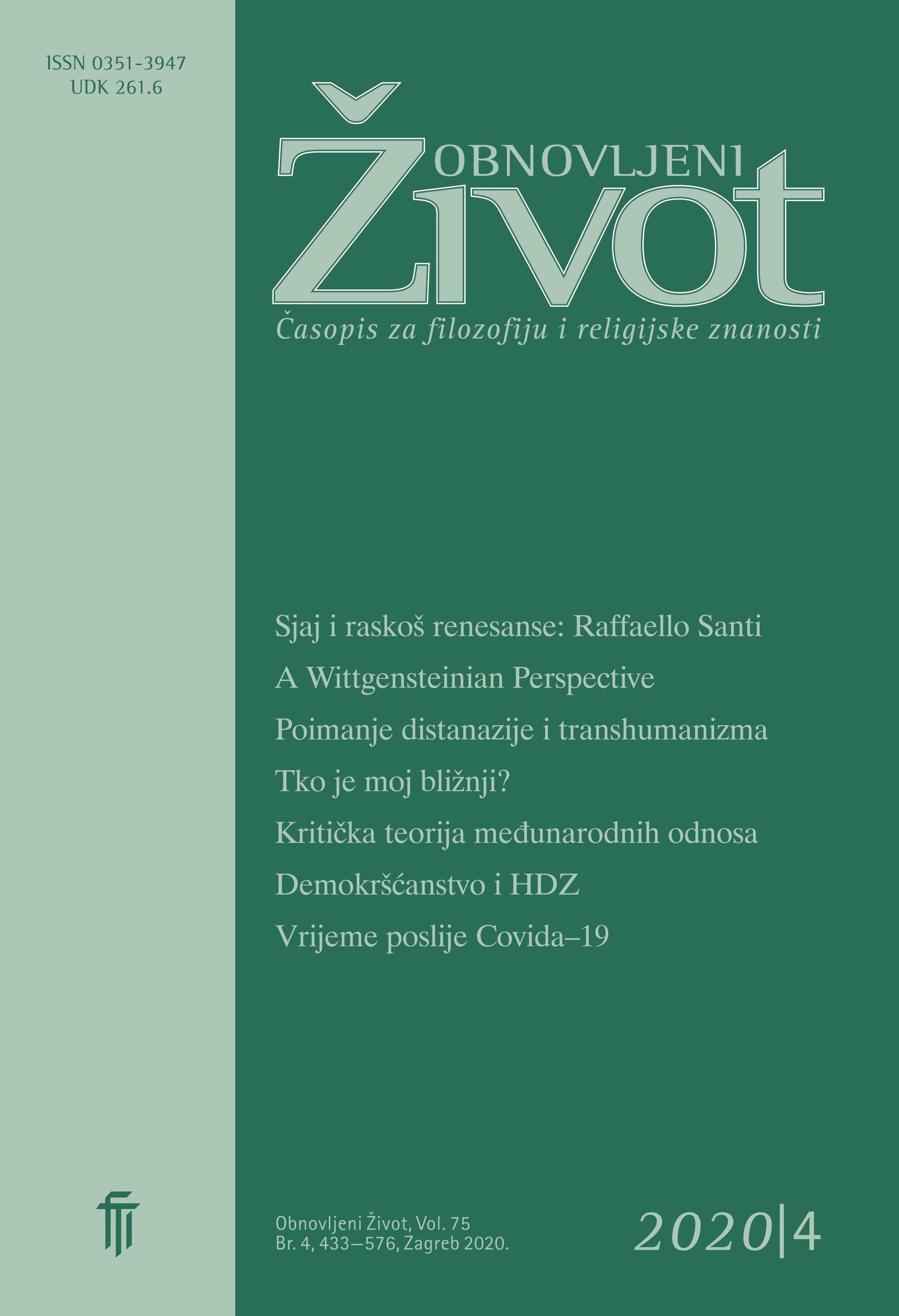Critical Theory in International Relations and Neorealism
Keywords:
critical international theory, neorealism, ethics, political community, emancipationAbstract
In this article, the author compares Andrew Linklater’s critical international theory with Kenneth Waltz’s neorealism (structural realism). The two theories are compared primarily in regard to their moral features and in their approach to international relations. Since Linklater claims that the critical theory in international relations is morally superior to structural realism as well as to other international relations theories, the author examines it to determine whether there are justified reasons for such claims. There is a difference between the main goals of critical international theory and neorealism, and it is difficult to determine which goal is morally more desirable: promoting national interests, survival and stability of the state system, or emancipation which presupposes desirable but non–existing models of political community and transformation of the existing international state system. In the existing political world, finding solutions to pressing problems seems to have priority over suggestions by critical theories on resolving these problems through the transformation of our political communities. The author concludes that there is no decisive reason for claiming that critical international theory is superior to neorealism.
Downloads
Published
Issue
Section
License
Jednom prihvaćeni članak obvezuje autora da ga ne smije objaviti drugdje bez dozvole uredništva, a i tada samo uz bilješku da je objavljen prvi put u Obnovljenom životu. Uredništvo će obavijestiti autora o prihvaćanju ili neprihvaćanju članka za objavljivanje.
Članci objavljeni u časopisu se, uz prikladno navođenje izvora, smiju besplatno koristiti u obrazovne i druge nekomercijalne svrhe.


